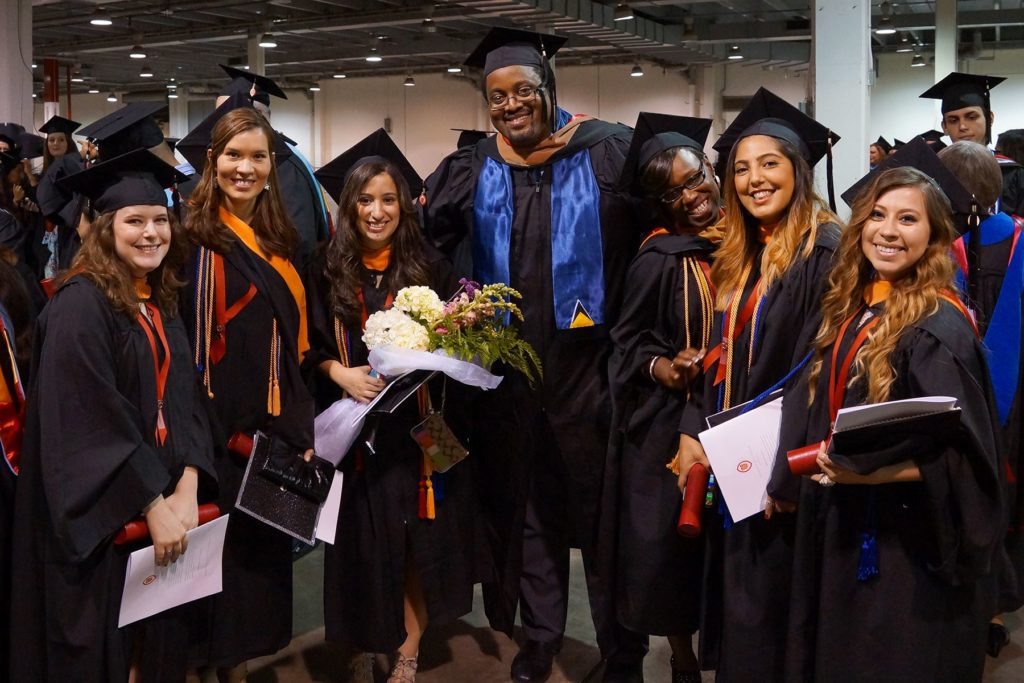First Generation College Student: 3 Things I Wish I Knew
However you decide to define first generation college student, it pretty much fits me. My parents did not complete a bachelor’s degree, I was the first in my family to attend a four-year college, the first to attain a bachelor’s, and for that matter, the first to hold multiple master’s degrees as well—yup all me.
Was it scary? At times it was intimidating, not simply because I was the first in my family to go to college, but also because I started my journey as an international student—talk about a fish out of water.
The following are three things I wish I would have known as a first generation college student that could have made a world of a difference in my college life and will definitely help you do the same.
First in Your Family to Go to College? You are Not Alone
Day after day, week after week and month after month, there was one thing that never wavered in my college mind: “I was alone.” The truth is there were hundreds of students going through what I was going through. Thirty percent of students today are first generation college students, while 4.5 million are both first generation and low-income students, according to a University Business article.
Jeff Davis, author of “The First Generation Student Experience,” said approximately 4.9 million students between 2000 and 2015 are made up of a large proportion of first generation students. Davis also adds that most of the increase in enrollment will come from first-generation college students. In translation: you are not alone.
Help is Available for First Generation College Students
The sheer numbers of us (first generation students) out there means we matter. We always have mattered. We just don’t seem to know it.
In his 1963 speech, Dr. Martin Luther King Jr. said “there is power in unity and there is power in numbers.” That power means, not only do we matter to ourselves, but we matter to colleges around the nation as well. Colleges have not only done their research on first-generation students, but they have also sought to go above and beyond to provide support and services particularly for you. Yes you!
One of the most common support systems is the establishment of first generation college student programs support groups where you can see the other faces on campus who are experiencing the same trials and tribulations you are. There are many first generation student challenges and this will provide you with an opportunity to use each other as a resource to be successful in college, and in some cases, post-graduation too.
Other support services include class and time management resources, student services, college counselors, study groups and even professors. If you feel your college doesn’t have what you need in terms of assistance, then you have a bevy of online forums and websites at your disposal, including but not limited to:
Help Future First-Gen Students: Paying It Forward is Important
Whether you receive help or not, you—like me—understand what being a first-generation college student means. The challenges, the pitfalls, the fatigue, the confusion and the misunderstandings associated with this experience is not ours to hold on to, but rather ours to share.
If the difference between who we are/were and who the future first generation college students could be lies in what we do with our experience, then it is high time we stop thinking about whether we need to share our personal experiences with others and believe in the reason why we should: for a better tomorrow.
